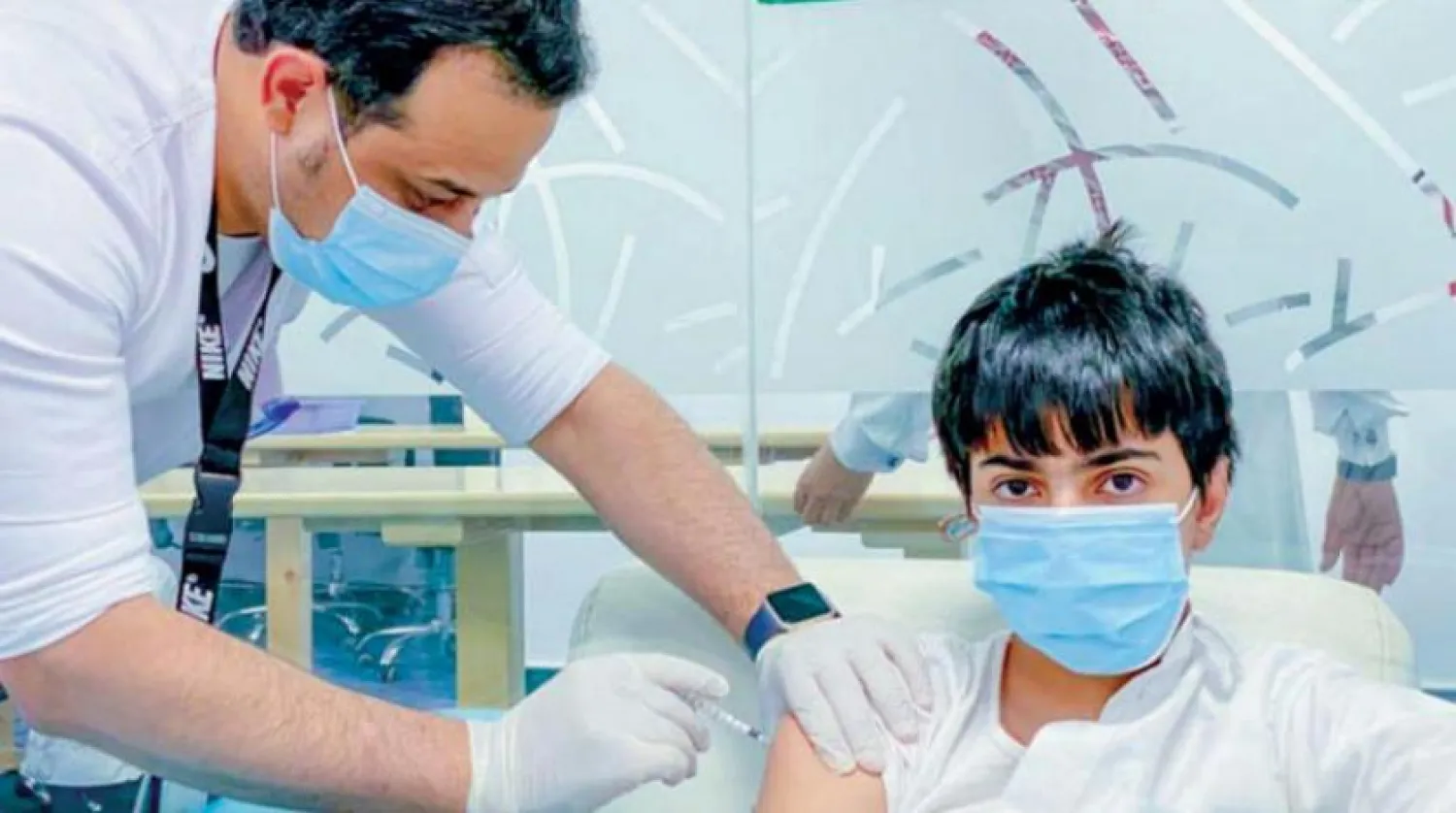Saudi Arabia is forging ahead with its COVID-19 vaccination drive and it has so far inoculated 70 percent of its people with the aim of reaching community immunity.
The Kingdom has so far administered 28 million shots, with a daily average of 365,000 jabs.
The Kingdom expects to reach herd immunity in the coming two months.
Over 19 million people in Saudi Arabia have received at least one dose of the vaccine, while more than 8 million have received two, or 25 percent of the population, data revealed.
The Kingdom has introduced a number of preventive measures to limit the number of infections and encourage people to receive the vaccine after mandating that only inoculated people can enter public places or attend social events.
The Education Ministry has also required teachers, faculty and middle and secondary school students to receive two shots of the vaccine before the beginning of the academic year.
The Ministry of Health confirmed on Tuesday 1,075 new COVID-19 infections, raising the total to 528,952. It announced 1,113 new recoveries, taking the tally to 510,107, and 11 new deaths, taking the toll to 8,270.









